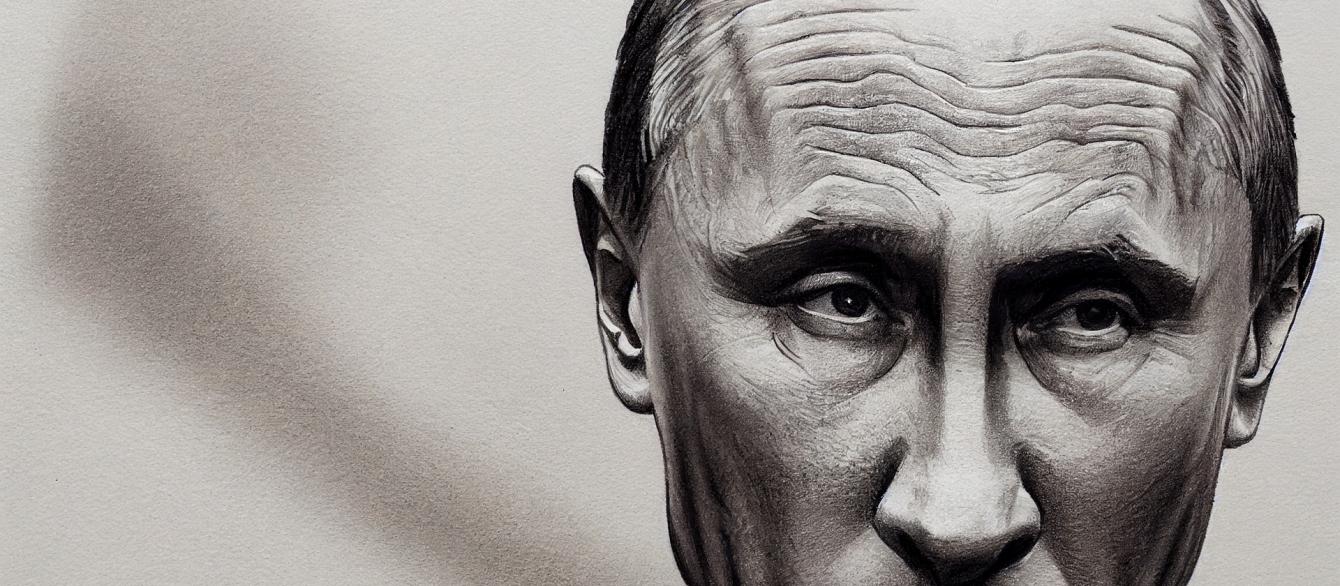Vladimir Putin set the stage for this weekend’s remarkable events by launching a major land war in Ukraine in 2022 for no good reason, without a sensible strategy, and without a sufficient number of armed forces that might have brought success. Yevgeny Prigozhin and his Wagner company of mercenaries helped him contend with some of the effects, but at the expense of creating a gap between appearance and reality. Prigozhin for months came across as a hawk on the war, castigating the Russian Army for its poor performance and denying his mercenaries the resources to improve on it.
When Prigozhin raised the flag of rebellion in Rostov-on-Don on Friday, though, he had swung around to a dovish position on the war itself, saying in no uncertain terms, for society and all the world to hear, that Putin’s rationale for starting it—to preempt a NATO aggression against Russia—was a fiction. Putin on Saturday went on television to denounce Prigozhin as a traitor, then disappeared from sight as Wagner sent a thin column of armored vehicles in the direction of Moscow, with the stated aim not of ousting Putin but of punishing the military high command for its incompetence. It was Putin’s press secretary, not Putin, who made the announcement that evening that it had all blown over and that Prigozhin would be given asylum in Belarus and his men not charged with any crimes in recognition of their contributions at the front. Moreover, that deal, so it has been said, was brokered not by Putin or any Russian leader but by Aleksandr Lukashenka, the Belarusian dictator.
Read More
Full article available via the Journal of Democracy.
This commentary is part of a compilation of experts’ hot takes on Yevgeny Prigozhin’s abortive mutiny.






